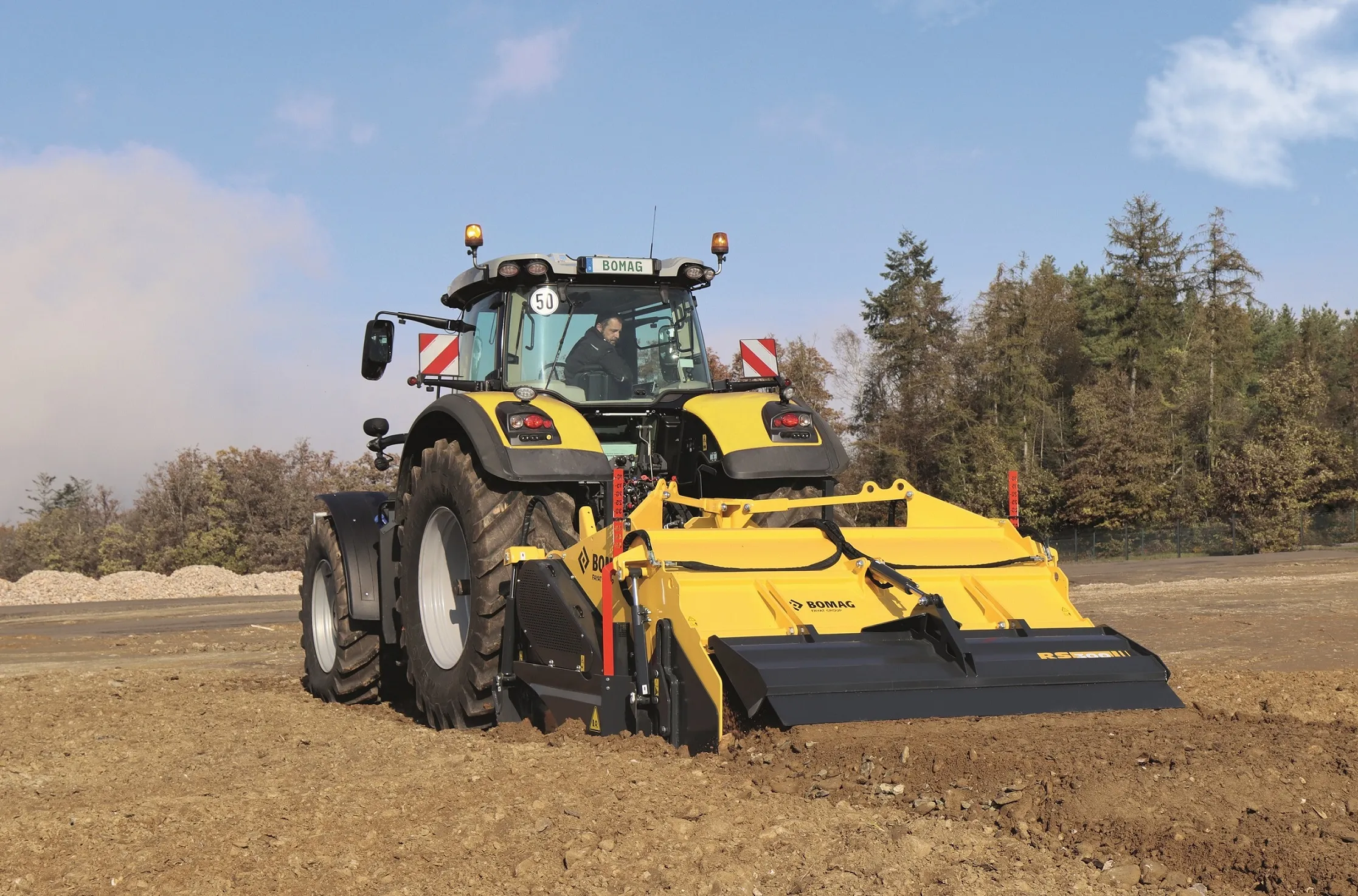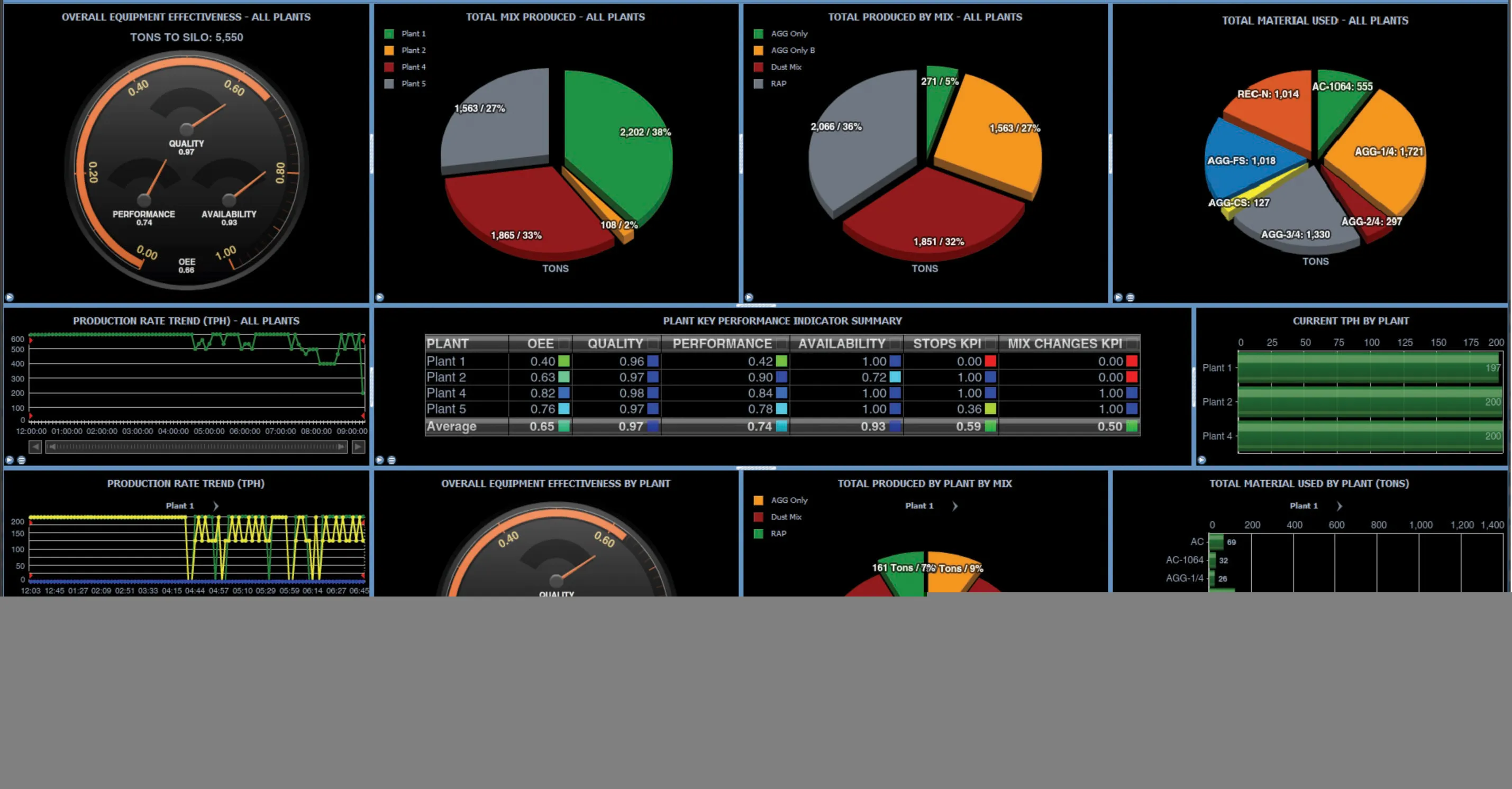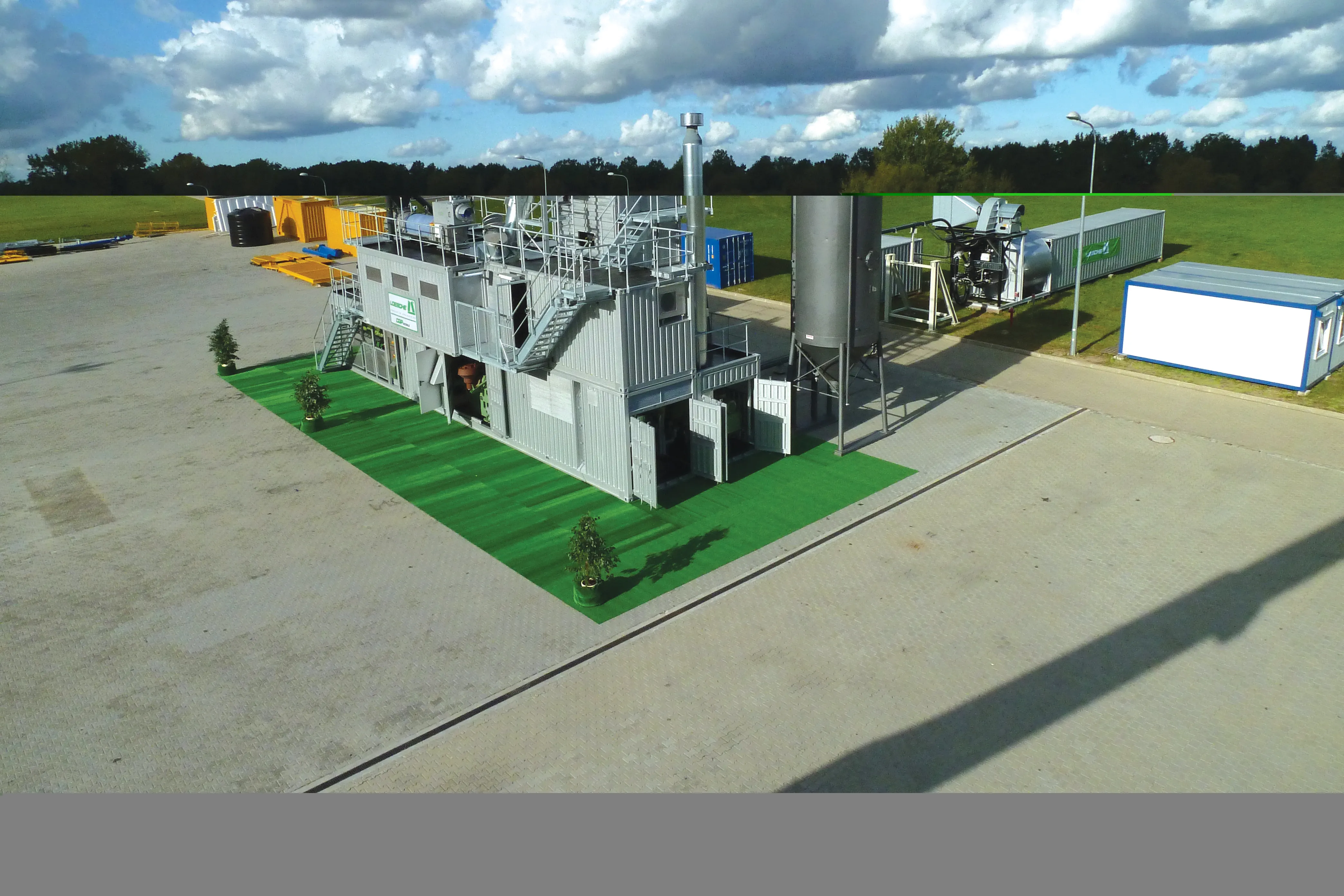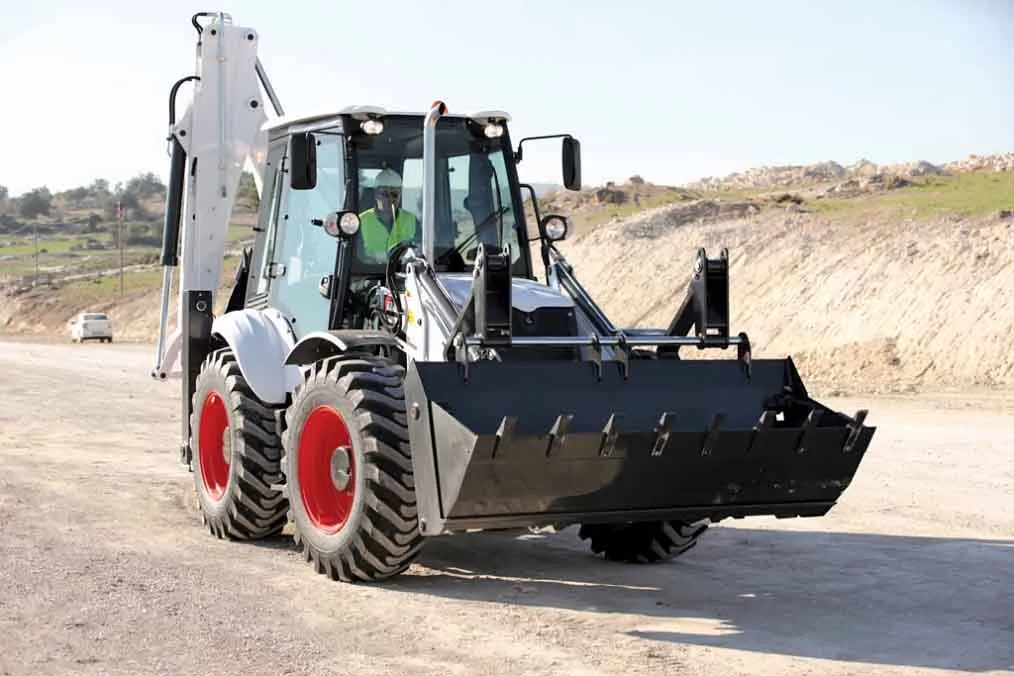
BOMAG is expanding its portfolio with the RS 250 and RS 300 tractor-towed stabilisers.
The design of the tractor-towed stabilisers - a new addition to BOMAG's product range – is based on numerous tried-and-tested technologies and many years of experience in the field.
The tractor-towed stabilisers are designed for flexible use in soil stabilisation and road and path construction. Both models have a working width of 2.5m while the 250 version has a milling depth of up to 40cm and the 300 version has a depth of 50cm. The stabilisers are driven by the rear power-take-off (PTO) shaft of a tractor that provides between with 149-224kW (200-300hp) or 224kW-335kW (300-450hp) of power.
Modern tractors are versatile pulling and driving machines. In combination with optimally matched attachments, they are constantly opening up new areas of application and can even be used for heavy earthmoving work. The new RS 250 and RS 300 stabilisers fill a void in the fleets of construction companies and service providers looking for a flexible and economical tractor solution for milling, stabilising and mixing soils.
The light and manoeuvrable systems are perfect for smaller construction sites. They can also ensure better use of tractors which have become indispensable on modern construction sites due to their versatility and flexibility – apart from pulling a binder spreader or water tank, the tractor can now operate a stabiliser.
“When stabilising, there is no need to replace non-load-bearing soils,” explained Sebastian Ibald, BOMAG product manager. “Stabilising is, therefore, usually the better choice, both economically and ecologically, compared to removing reusable soils. This is also required by the German Waste Management and Product Recycling Act [KrWG]. By mixing in binders such as lime, this method removes moisture from the soil on site, thus improving its compaction properties and load-bearing capacity.”
Through the precisely-dosed addition of cement and water as a hydration shell, even non-load-bearing soils can easily be made permanently load-bearing, firm and frost-resistant. “With our new tractor-towed stabilisers, the highly efficient BOMAG technology for milling, mixing and stabilising can now be used even more easily and flexibly on smaller construction sites,” said Ibald . “Optimised power transmission and high-performance cutting technology meet sophisticated and maintenance-friendly holder systems. They guarantee maximum milling performance, uniformly smooth surfaces after milling and comparatively low fuel consumption."
The RS 300 is suitable for larger applications such as soil improvement and road construction. The lighter and even more compact RS 250 is a good choice for building road embankments and slopes as well as for backfilling.
Unlike BOMAG's familiar and larger self-propelled stabilisers/planers, the new tractor-towed stabilisers rely on the tractor as the prime mover and are driven by the rear PTO shaft at an input speed of 1,000rpm. Coupling is via the three-point hitch (category 3 or 4). On the RS 250, the milling depth of up to 40cm can be easily and variably adjusted using the hydraulic lower link.
The RS 300 offers even more adjustment options. The camber can always be perfectly corrected using the hydraulic upper link. Independently height-adjustable side plates including skids allow free adjustment of the milling depth up to a maximum of 50cm. Power is transmitted to the rotor via the PTO shaft, gearbox and, in the case of the RS 250, a strong chain drive in oil bath on both sides. On the RS 300, two four-part power belts are used instead.
High milling performance
The mixing chamber has a particularly robust design and the hood is made entirely of wear resistant steel with a Brinell hardness of 400. A hydraulically adjustable rear gate ensures optimal crushing and outstanding mixing quality.
On the RS 300, the large rotor with a diameter of just under 1.5m is equipped with extra-large cutting tools with a shaft diameter of 25mm that cut efficiently and powerfully into cohesive soils. Thanks to the special geometry and arrangement of the double cutting tools, a shovel effect is created that ensures optimum processing and mixing of cohesive soils.
Highly cohesive soils are first cut up with the shovel edge and then well mixed. This also pays off in minimal fuel consumption at low speeds. The durable RS 300 cutting tools cover a wide range of applications. The tried-and-tested quick change double-tool holder system from BOMAG has a screwed base which makes replacing and repairing quick and easy.
The RS 250 relies on the proven and extremely narrow BMS15L exchange holder system, which uses high-quality carbide cutting tools with a shaft diameter of 22mm. The smaller planer can be optionally equipped with different cutters. The BRT 04 is recommended for cohesive soils while the BRT 02 is particularly suitable for gravel and sandy soils. Using the tractor-towed stabiliser, the BRT 01 even mills into asphalt.
Water injection for optimum hydration as an option. To hydrate the cement optimally, the RS 250 and RS 300 can be equipped with optional water injection directly into the mixing chamber. The water is distributed evenly over the entire milling width at a maximum flow rate of 500 litres per minute.









